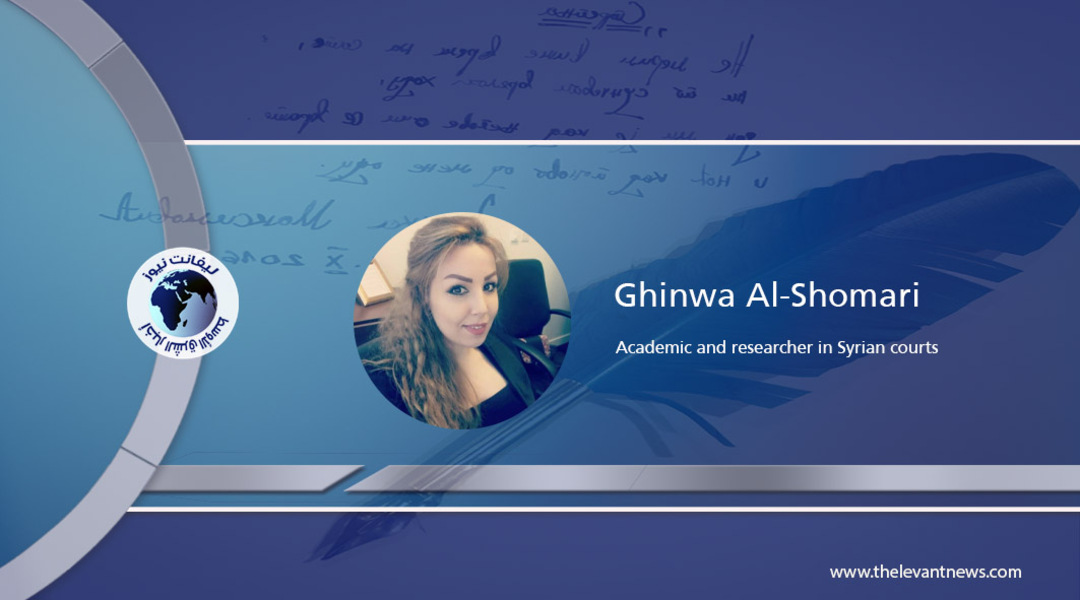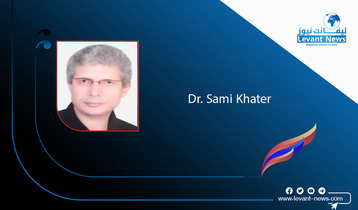-
Syria After Assad: Stolen Wealth and an Economic Legacy of Destruction

The sudden fall of Bashar al-Assad’s regime and his recent flight into exile have brought to light shocking details about the corruption and looting that marked his decades of rule. Recent investigations estimate that the Assad family controls assets worth around $12 billion, including 200 tons of gold and billions in euros. This figure equates to Syria’s annual budget for seven years, based on 2023 data. While estimates about the total stolen wealth vary, these revelations highlight the devastating economic legacy left by the regime as Syrians grapple with the aftermath of war and financial collapse.
A Sophisticated Wealth Concealment Network
To shield their vast wealth and evade international sanctions, the Assad regime established an elaborate system of financial secrecy. A 2022 report by the U.S. State Department described how the regime relied on shell companies, offshore accounts, and luxury properties in cities like London, Moscow, and Dubai. These mechanisms enabled the Assad family to maintain control over immense wealth while evading scrutiny.
The 2016 Panama Papers further exposed how the regime used tax havens to skirt sanctions. Among the revelations was evidence that Asma al-Assad, the president’s wife, spent thousands of pounds on luxury jewelry and high-end goods. These extravagant purchases took place even as millions of Syrians faced starvation under siege and relentless bombardment.
Control Over Key Economic Sectors
The Assad family’s dominance extended beyond siphoning state resources to seizing control of vital economic sectors, including oil, telecommunications, banking, and real estate. The Syrian Observatory for Human Rights estimates that their total assets range between £45 - £95 million. Additionally, the regime relied heavily on illicit activities like drug trafficking, with Captagon production alone generating $2.5 billion annually—funds that fueled the war machine while Syrians suffered under grinding poverty.
Even during Syria’s devastating war, the regime continued to expand its financial empire through these covert means. Over 90% of Syrians now live below the poverty line, with millions dependent on international aid. This dual reality—of unimaginable wealth on one side and desperate poverty on the other—illustrates the extent of systemic exploitation under Assad’s rule.
Economic Ruin and Post-Assad Challenges
Assad's departure leaves Syria in a state of near-total economic collapse. The World Bank estimates that the war has caused losses exceeding $540 billion, with infrastructure destroyed and productive sectors in ruins. These staggering numbers reflect the scale of the reconstruction challenge ahead, which will require billions of dollars in investments.
On top of this, Syria faces significant debts owed to allies like Russia and Iran, estimated at over $50 billion. These obligations further strain the fragile prospects of economic recovery. Addressing the regime's looted assets will be essential to alleviate the financial burden and provide resources for rebuilding.
Recovering Stolen Wealth: A Daunting Task
Reclaiming the Assad family’s stolen wealth is critical to Syria’s recovery, but history shows that such efforts are fraught with challenges. The experiences of Libya and Iraq illustrate the difficulties in recovering stolen assets. In both cases, only a fraction of the funds embezzled by former dictators was returned, and this required years of complex legal battles and international cooperation.
For Syria, the task will demand global collaboration and sustained diplomatic pressure on nations harboring Assad’s assets. Reports suggest that much of this wealth is concentrated in Europe, where governments will face mounting calls to assist in its recovery. However, ensuring these funds are used transparently for reconstruction will require robust oversight to prevent corruption from undermining the process.
Rebuilding Syria: Beyond Physical Reconstruction
Reconstruction in Syria must go beyond repairing buildings and infrastructure. Rebuilding the social fabric torn apart by years of conflict is equally critical. Restoring trust in institutions, promoting accountability, and ensuring the fair distribution of resources will be vital to achieving long-term stability.
Efforts should focus on education, healthcare, and the reintegration of displaced populations into society. Transparency in managing reconstruction funds will be crucial to preventing the resurgence of corruption. International donors must ensure that aid benefits ordinary Syrians and not vested interests.
The lessons of other post-conflict nations underscore the importance of involving local communities in decision-making to foster trust and ensure sustainable recovery. Syria’s future depends on the ability of its people to overcome divisions and rebuild a state that prioritizes justice and inclusivity.
Despite the enormity of the challenges, the end of Assad’s rule offers a historic opportunity for Syria to redefine itself. The fall of a regime synonymous with corruption and repression creates space for a new beginning. However, this will require courage, vision, and collective action from Syrians and the international community alike.
Recovering stolen wealth, addressing the roots of corruption, and ensuring justice for victims of war crimes will be pivotal. With the right support, Syria can emerge from the shadows of its troubled past and build a future founded on fairness, equality, and resilience.
This moment of transformation is not just an end but a chance to begin anew—a chance to heal a nation scarred by war and to lay the foundations for a brighter, more equitable future for all Syrians.
Ghanwa Al-Shomari for Levant newspaper's exclusive
You May Also Like
Popular Posts
Caricature
BENEFIT Sponsors Gulf Uni...
- April 17, 2025
BENEFIT, the Kingdom’s innovator and leading company in Fintech and electronic financial transactions service, has announced its sponsorship of the “Innovation and Sustainable Technology Solutions Competition (GU - IST Solutions), hosted by Gulf University at its main campus.
This strategic sponsorship reflects BENEFIT’s active role in advancing technological innovation and fostering sustainable solutions to future challenges. It also seeks to empower Bahraini youth by enhancing their skills, capabilities, and competitiveness in innovation and solution development—contributing meaningfully to the broader goals of sustainable development across all sectors.
As part of BENEFIT’s active involvement in the competition, the company has announced that Hanan Abdulla Hasan, Senior Manager of Public Relations and Communication, will serve on the competition’s supervisory committee. Her upcoming participation reflects BENEFIT’s forward-looking commitment to championing academic and professional excellence.
Commenting on the occasion, Hanan Abdulla Hasan, Senior Manager of Public Relations and Communication at BENEFIT, said, “We are privileged to support this pioneering initiative, which aligns seamlessly with BENEFIT’s enduring commitment to fostering innovation and nurturing the potential of Bahrain’s youth. Our participation is rooted in a deep sense of social responsibility and a firm belief in the pivotal role of innovation in shaping a sustainable future. Through such platforms, we seek to empower the next generation with the knowledge, skills, and foresight required to develop impactful solutions that address future challenges, in line with the United Nations Sustainable Development Goals 2030.”
Dr. Aseel Al Ayash Dean of the College of Engineering in Gulf University commented, “We extend our sincere gratitude to BENEFIT for their generous sponsorship and support of the Innovation and Sustainable Technology Solutions Competition. This contribution plays an instrumental role in helping us achieve the strategic goals of this initiative, namely, cultivating a culture of innovation and sustainability, encouraging efforts that address the imperatives of sustainable development, and enhancing the practical and professional capabilities of our students and participants.”
The event will bring together a diverse spectrum of participants, including secondary school students, university undergraduates, engineers, industry professionals, entrepreneurs, academic researchers, and subject matter experts representing a wide range of disciplines.
The competition seeks to inspire participants to develop and present innovative, sustainable technologies aimed at addressing pressing environmental, social, and economic challenges. It encourages the formulation of business models that integrate advanced technological solutions with core principles of sustainability. Moreover, it serves as a platform for emerging leaders, entrepreneurs, and innovators to contribute to the advancement of the Sustainable Development Goals, promote the ethos of responsible technology, and demonstrate its transformative potential across various sectors.
Attendees will have the opportunity to view a series of project presentations submitted by participants, covering diverse areas such as eco-friendly product design, smart and sustainable innovations, renewable energy technologies, water conservation and management, waste minimisation and recycling, green architectural solutions, and sustainable transportation systems. Outstanding projects will be formally recognised and awarded at the conclusion of the event.
opinion
Report
ads
Newsletter
Subscribe to our mailing list to get the new updates!




















